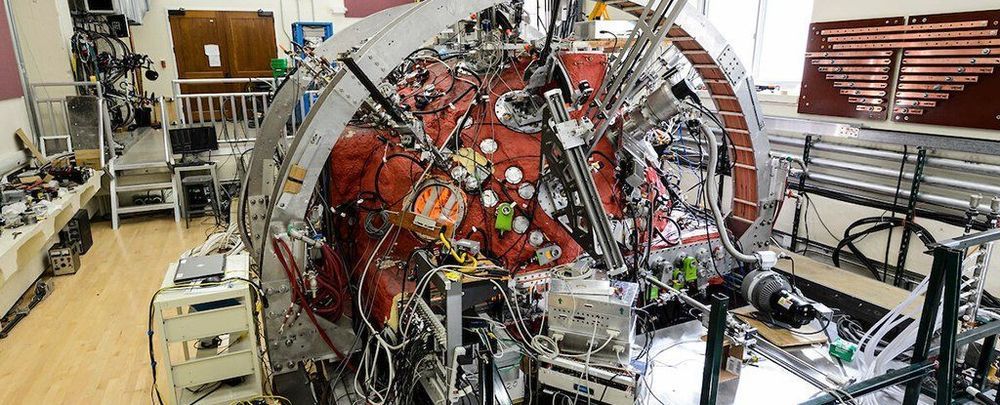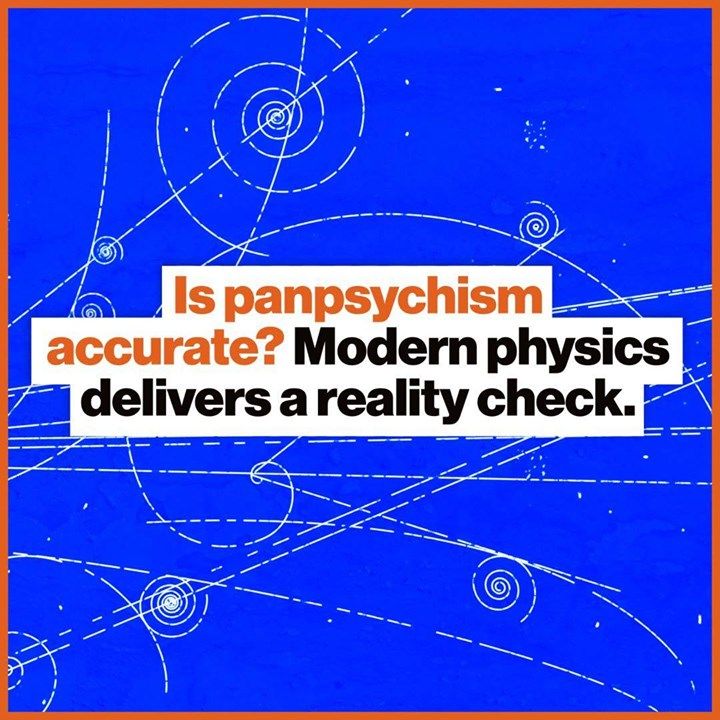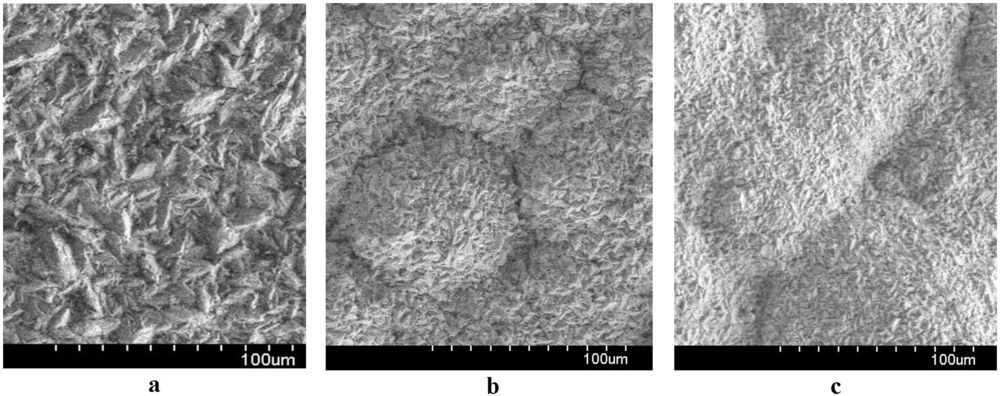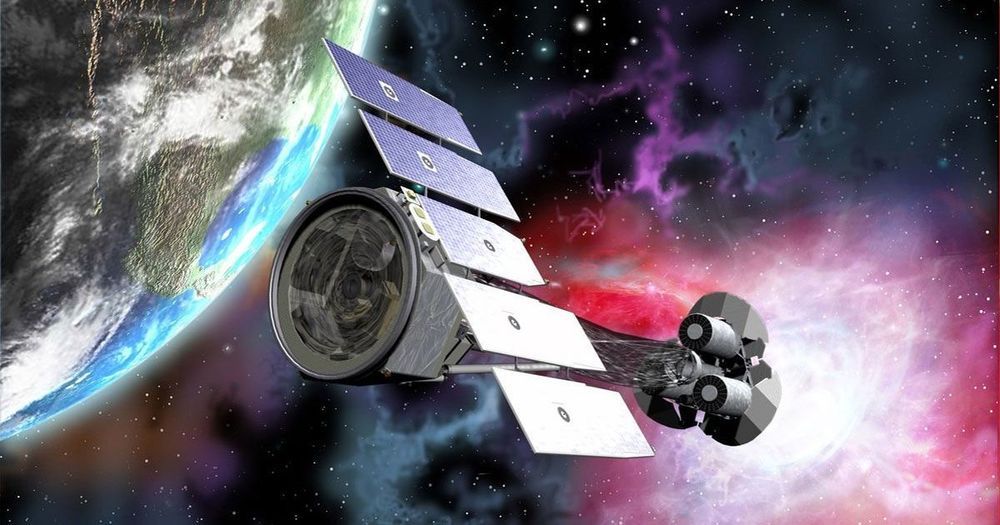A team of chemists built the first artificial assembler, which uses light as the energy source. These molecular machines are performing synthesis in a similar way as biological nanomachines. Advantages are fewer side products, enantioselectivity, and shorter synthetic pathways since the mechanosynthesis forces the molecules into a predefined reaction channel.
Chemists usually synthesize molecules using stochastic bond-forming collisions of the reactant molecules in solution. Nature follows a different strategy in biochemical synthesis. The majority of biochemical reactions are driven by machine-type protein complexes that bind and position the reactive molecules for selective transformations. Artificial “molecular assemblers” performing “mechanosynthesis” have been proposed as a new paradigm in chemistry and nanofabrication. A team of chemists at Kiel University (Germany) built the first artificial assembler, that performs synthesis and uses light as the energy source. The system combines selective binding of the reactants, accurate positioning, and active release of the product. The scientists published their findings in the journal Communications Chemistry.
The idea of molecular assemblers, that are able to build molecules, has already been proposed in 1986 by K. Eric Drexler, based on ideas of Richard Feynman, Nobel Laureate in Physics. In his book “Engines of Creation: The Coming Era of Nanotechnology” and follow-up publications Drexler proposes molecular machines capable of positioning reactive molecules with atomic precision and to build larger, more sophisticated structures via mechanosynthesis. If such a molecular nanobot could build any molecule, it could certainly build another copy of itself, i.e. it could self-replicate. These imaginative visions inspired a number of science fiction authors, but also started an intensive scientific controversy.







